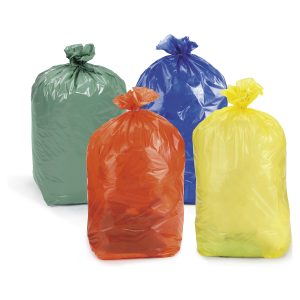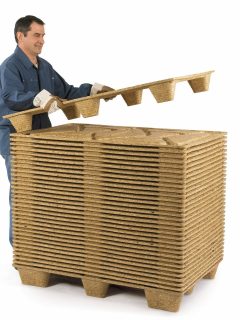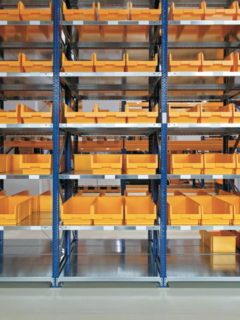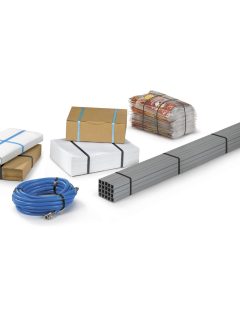Waste management is an important part of environmental protection and sustainable development. In the workplace, we can contribute to waste reduction, recycling and proper sorting. In this article we present 8 principles you should follow if you want to be environmentally friendly and responsible.
1. Plan your purchases and consumption
One of the best ways to reduce waste is to plan your purchases and consumption to minimize unnecessary packaging, packaging and products. Avoid disposable and repackaged products that increase waste. Instead, choose products with a long shelf life, recyclable or reusable packaging and eco-certifications. Also, try to use only as much as you need and don’t waste food, water, energy and other resources.
2. Use your own crockery and packaging
If you buy food or drinks at your workplace, try to use your own utensils and packaging that you can refill and reuse. For example, carry your own cup, bottle, cutlery, bowl or tray. This saves a lot of plastic, paper or polystyrene packaging that would otherwise end up in the bin. If you don’t have the option of using your own crockery, choose food and drink in recyclable or compostable packaging and sort it properly.
3. Sort waste by type
Sorting waste is a prerequisite for recycling and treatment. You should have a variety of bins or waste bags by type: paper, plastics, glass, metals, bio-waste, mixed waste, etc. Observe the sorting rules and do not put extraneous materials in the bins that could contaminate or damage the recyclable materials. For example, do not put foil packaging in the paper bin, polystyrene in the plastic bin or ceramics in the glass bin. If you’re not sure where a piece of waste belongs, find out or put it in the mixed bin instead.

4. Use recycled and recyclable materials
When choosing the materials you use in the workplace, give preference to those that are recycled or recyclable. For example, use recycled paper, cardboard, envelopes, stationery, packaging and other office supplies. Also try to use materials that can be easily recycled, such as aluminium, glass, plastic or paper. Avoid materials that are difficult to recycle, such as laminated paper, cardboard with film, plastic with metals, or composite materials.
5. Reduce the consumption of paper and printed materials
Paper is one of the most commonly used materials in the workplace, but also one of the biggest sources of waste. To reduce your paper and print consumption, you can follow these tips:
- Use electronic documents and communications when possible and print only what is strictly necessary.
- Use double-sided printing and set smaller font sizes and margins to save paper.
- Use recycled paper and recyclable inks and toners.
- If possible, use paper multiple times, for example for notes, sketches, drawings or as a backing.
- Sort paper waste properly and use paper collection points or containers.

6. Reuse or donate unwanted items
Before getting rid of an item you no longer need or want, consider whether you could reuse it or donate it to someone who would appreciate it. For example, you can reuse or donate old computers, printers, furniture, clothes, toys, books, magazines, decorations, dishes, tools and other items. This will not only reduce waste but also save money, resources and space. You can take advantage of different ways to reuse or donate items, such as bazaars, exchanges, charities, collections, swaps, online platforms or social media.
7. Compost bio-waste
Bio-waste is organic waste that comes from plant or animal sources such as food, scraps, peelings, packaging, bones, eggs, coffee, tea, flowers, leaves, grass, sawdust, wool, cotton and more. Bio-waste makes up a significant portion of workplace waste, but can be used as a valuable resource for compost production. Compost is a humus-like substance that is produced by the decomposition of biological waste in the presence of air, moisture and micro-organisms. Compost is an excellent fertiliser and soil improver that can be used to grow plants. If you want to compost bio-waste at your workplace, you can buy a composter or use the services of composting companies or organisations.

8. Inform yourself and get involved in activities to promote waste management
Last but not least, it is important to inform yourself and get involved in activities to promote waste management. You can learn more about how to manage waste properly, what are the recycling and treatment options, what are the environmental and social impacts of waste, what are the legislative and economic aspects of waste management and what are the latest trends and innovations in this field. You can also get involved in various activities to promote waste management, such as information campaigns, training, seminars, competitions, surveys, volunteer events, projects, initiatives, cooperation or partnerships with other organisations, institutions or bodies dealing with waste management.














